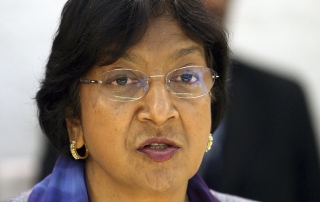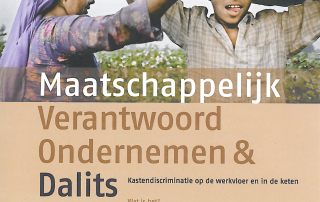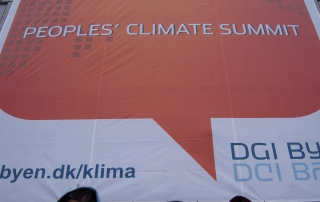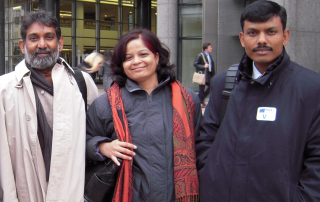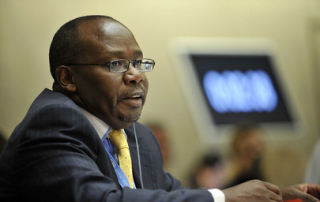IDSN marks tenth anniversary
As IDSN celebrates its tenth anniversary on 10 March, the struggle for Dalit rights is gaining increasing international momentum, including an endorsement by Archbishop Desmond Tutu. Much, however, remains to be done if one of the world’s most serious human rights issues, which affects 260 million people, is to be eliminated.



